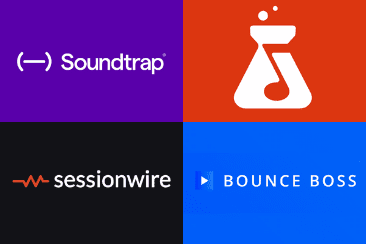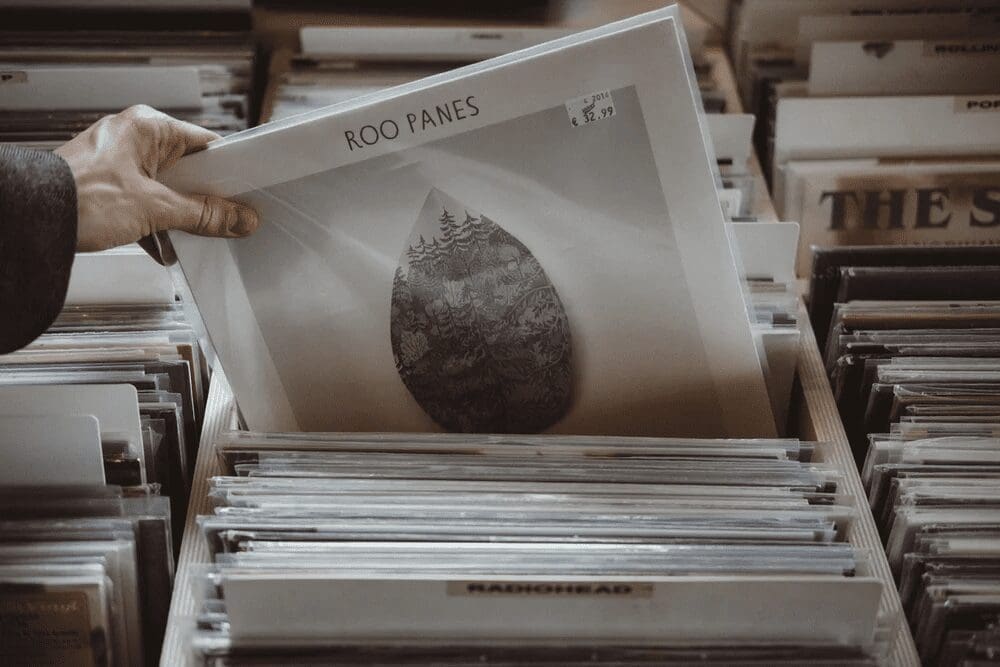
Initially, navigating the world of music copyright law can seem daunting.
However, the process isn’t as complex as you might think.
Our guide will explain what you need to know about copyrighting music, registering your music or copy protecting your original sound recordings.
How Does Music Copyright Work?
The term “music copyright” simply refers to the protection of original tracks. ⠀
Copyright is automatically attached to a song as soon as it is written.
The copyright also applies to rewritten versions. ⠀
As you can see, this all seems very simple.
The issue lies with the proof of ownership.
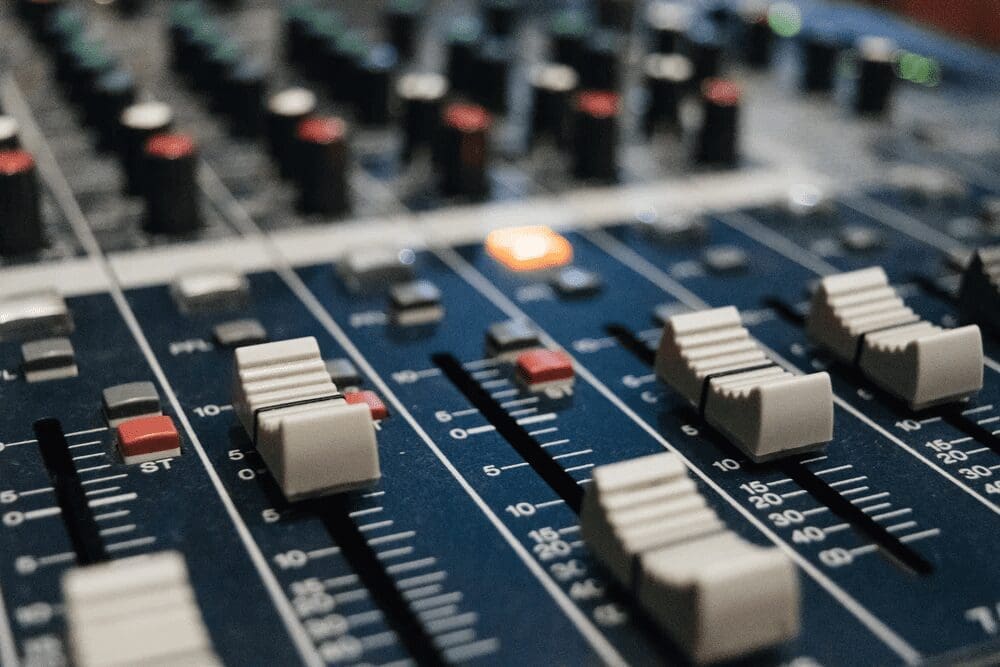
What Parts Of A Song Can Be Copyrighted?
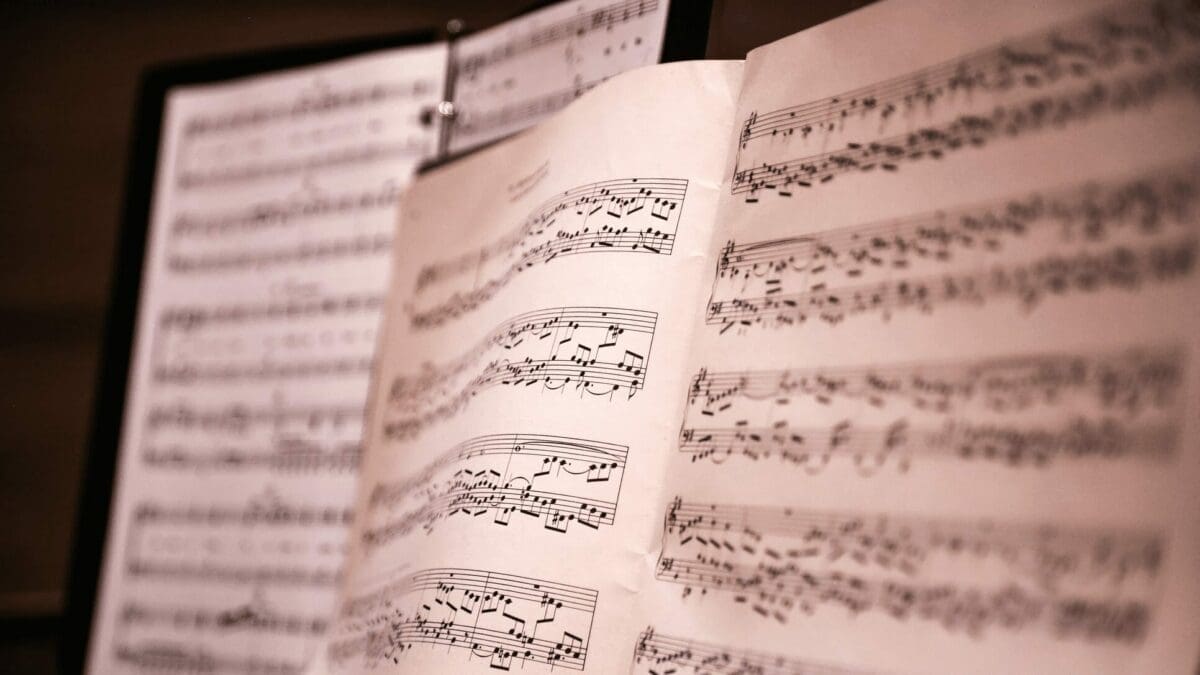
You can copyright:⠀
- Lyrics
- Melodies
- Songwriting
- Recordings⠀
You can’t copyright:⠀
- Chord progressions (to an extent) ⠀
- Song titles⠀
- Concepts⠀
Do I Need To Officially Copyright My Music?
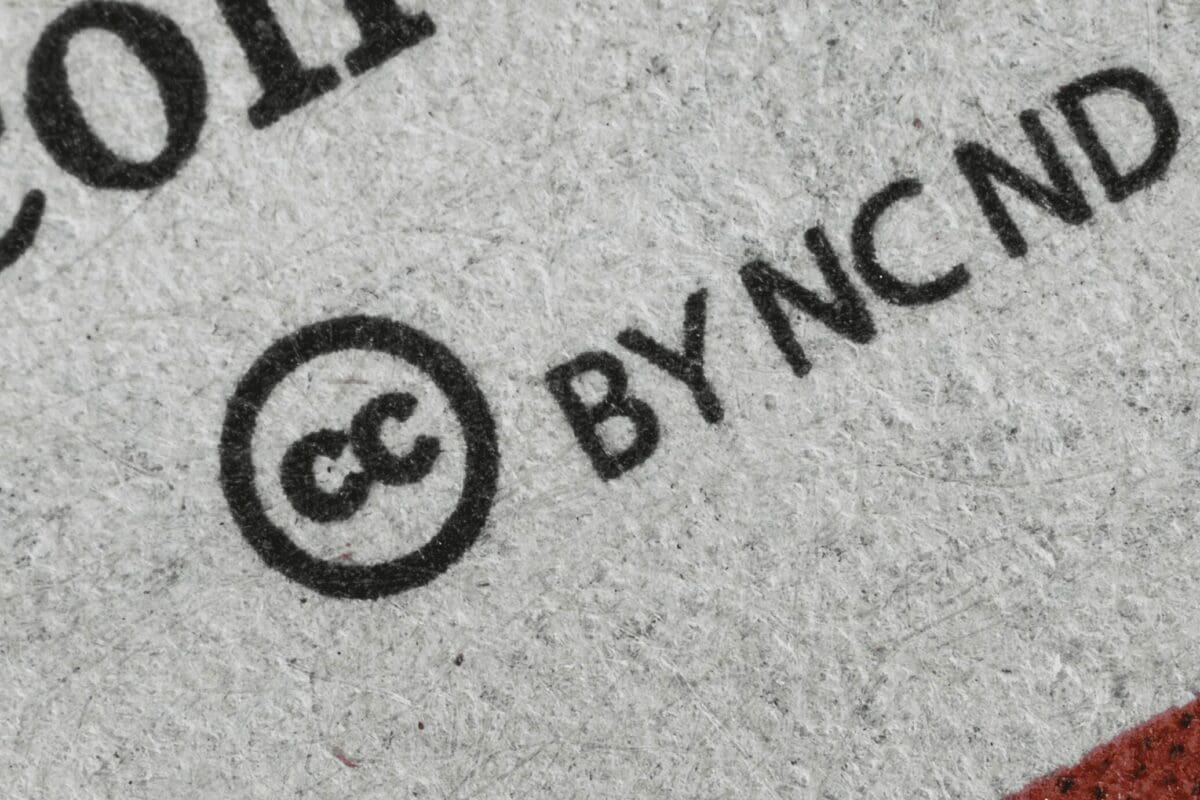
So the main question you probably have is, “do I need to officially copyright my music?”.
If you place your music somewhere with a timestamp, you’re copyrighting it. This can be achieved by emailing files to yourself or somebody else, or uploading them online.
In the offline world, copyright was more difficult to prove. As of 2022, it is much simpler. ⠀
However, registrating your song with the US copyright office will provide you with extra copyright protection.
We walk you through the steps of copyrighting a song as well as some of the intricacies of broader music copyright registration.
1. Write or Record Your Song
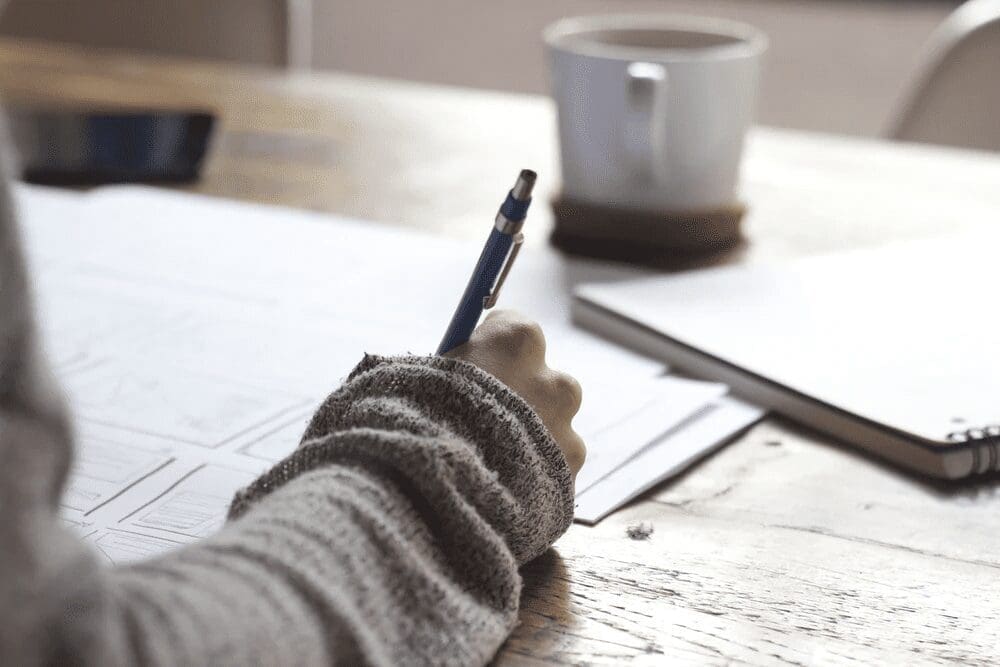
A song has copyright as soon as it is written or recorded.
Even if you jot down simple notes or words on paper, or sing into your phone, you hold the copyright as long as it is possible to reproduce the song.
While your song has copyright as soon as it exists, there are still numerous things you need to do to really cement that copyright and prove that your songs belong to you if the matter goes to court.
2. Prove The Music Is Yours
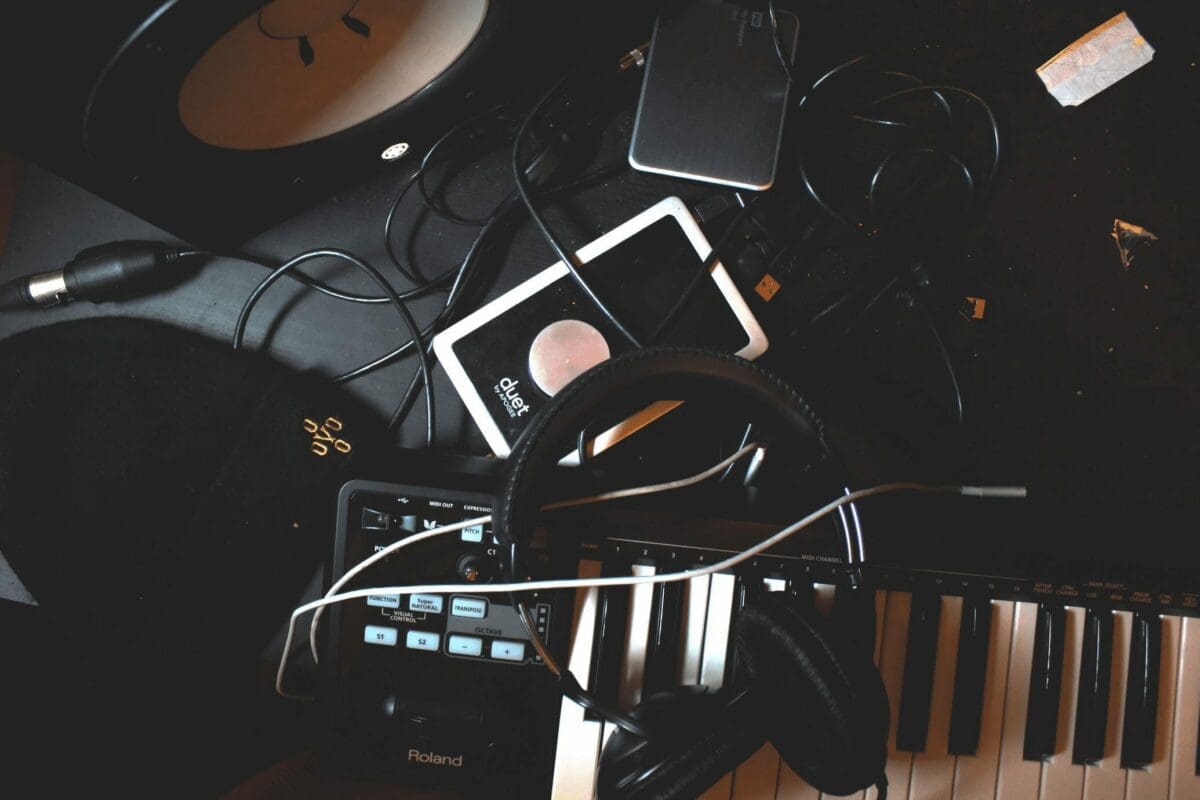
Despite the fact that you have copyright in your music as soon as it is written down or recorded, the difficulty lies in proving you hold that copyright, and crucially, proving it was put down into a tangible form at the time you claim.
If someone tries to copy your music later and pass it off as their own, this kind of proof will prove that your music already existed.
In the event a dispute arises, you’ll need that evidence to show that your music existed before another person copied it. Music embodied in a physical format has copyright protection; however, you’ll need that evidence if you’re contesting it.
A ‘timestamped copy’ of the musical pieces you’ve created is all we need as evidence, and you can easily acquire them for free today.
How To Timestamp Your Music For Free
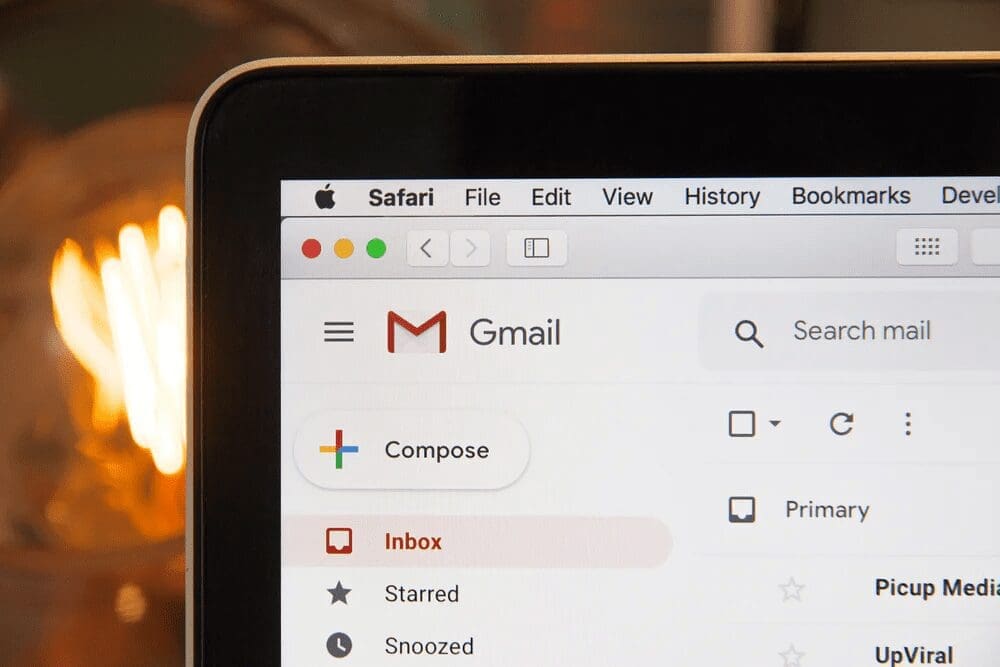
Alternatively, you can send your digital sound recordings or sheet music to yourself by email; or upload your files to an online platform like YouTube, Facebook, Instagram, or Soundcloud.
This is enough to prove your songs existed when they were uploaded.
Uploads to these online services will have the date they were uploaded. Similarly, emails will show the date they were sent.
Poor Man’s Copyright Explained
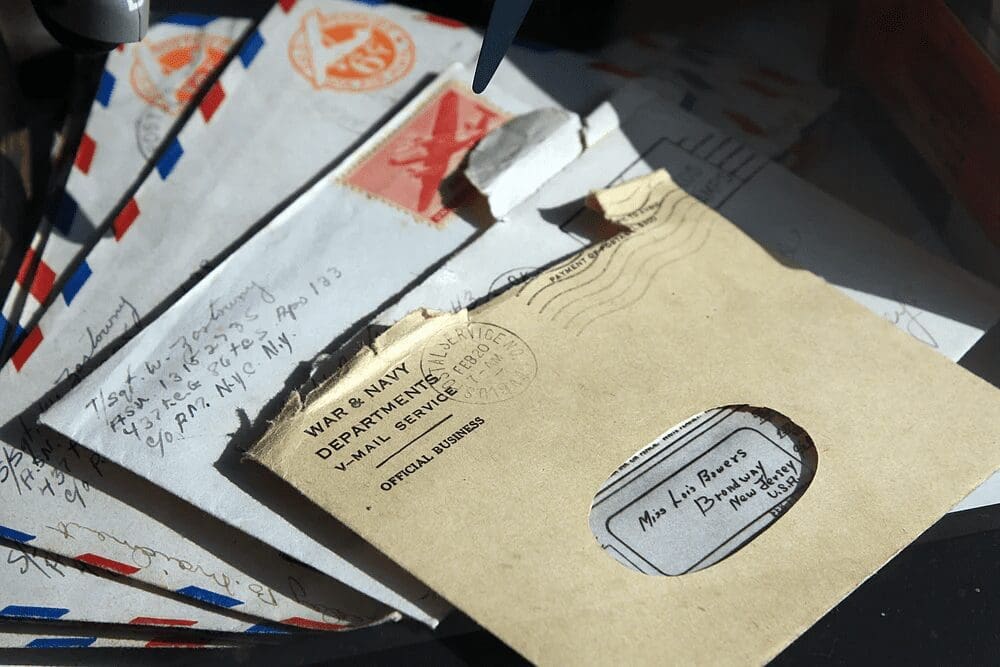
In the days before computers, musicians would write down their music or tape it, and they would send themselves a sealed copy of their music, sealed with the date, so that they could prove their music existed at a certain point in time.
Upon opening the sealed envelope in court, it would show that the tune or lyrics were already in existence when the package was delivered.
This process is known as poor man’s copyright. Occasionally, this method is still used today. PRS for Music in the UK even recommends sending yourself a copy by recorded delivery as strong proof of ownership.
U.S Copyright Office Song Registration

To protect your music in the UK and many other countries, there is no formal registration process.
Although there is no legal recognition of poor man’s copyright in the US, there is a formal registration process, and it is highly advantageous to register your work with the U.S. Copyright Office. In return for a small filing fee, you can obtain full protection for your songs under the law, which is required before bringing a copyright infringement claim in federal court.
3. Understand The Two ‘Sides’ Of Copyright: Master (Sound Recording) & Publishing (Composition)
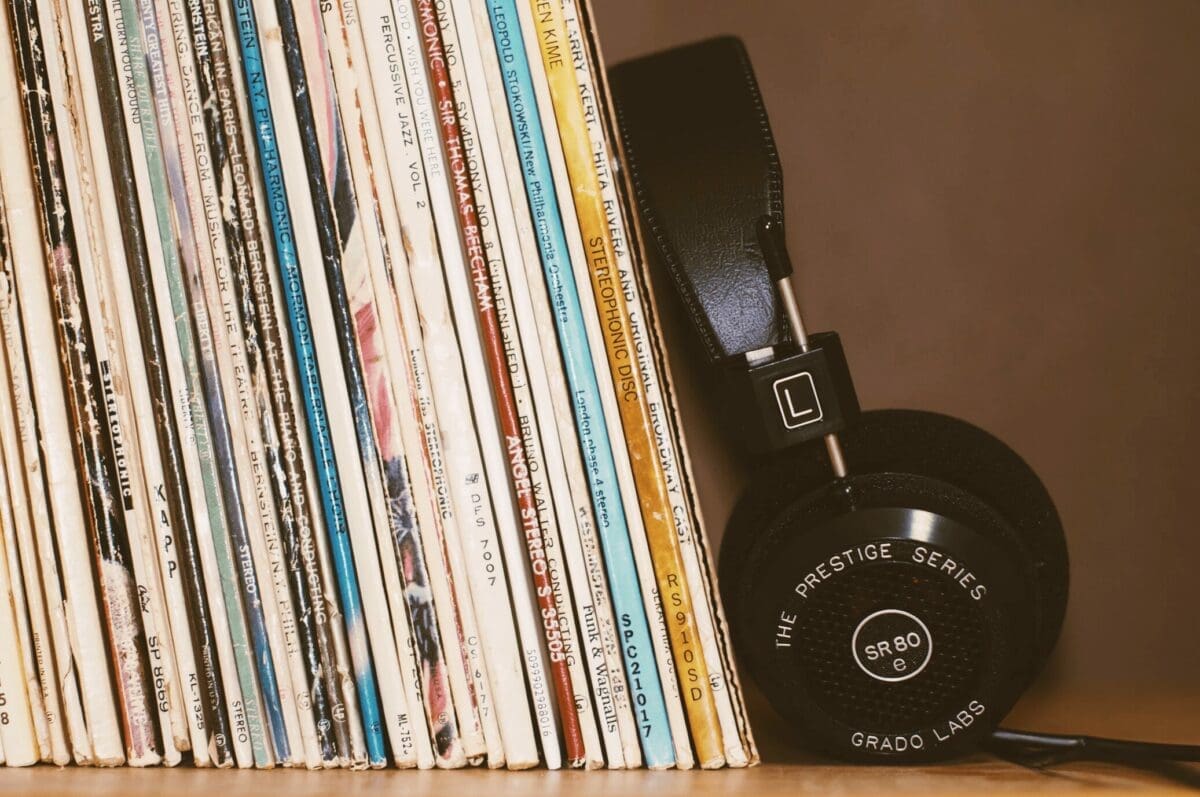
So now you have a copy of your tune that is timestamped. In terms of copyright, what exactly do you have control over?
Copyright is a complex area.
In addition to dividing royalties between music and lyrics, songwriters may share a cut with labels, publishers, collection agencies, music distributors, etc.
It’s important to note that every piece of recorded music has two sides to its copyright: the Publishing – the underlying composition – and the Master – the specific sound recording.
The former is held by the songwriters/lyricists/composers and generally managed by or signed away to publishers. The latter is held by the recording artist and/or their label.
The industry treats these two parts of copyright separately, with the copyright in the song itself shown with a ©; (C in a circle) and the copyright in the sound recording shown, somewhat confusingly, with a ℗; (P in a circle).
There are separate copyrights, even if the writer and performer are the same person/group, because sometime down the road, cover versions of the song may appear, or people may sample the recording, cite the lyrics, etc.
Separating the publishing and master copyrights can help iron out any legal creases that may arise.
Recording a cover of a song gives you (or your label) the master, but publishing is left in the hands of the songwriter.
The mechanical royalty is paid for the use of the publishing or underlying composition, and the artist royalty is paid to the recorded performer for the sale of the recording.
4. Get Savvy With Splits
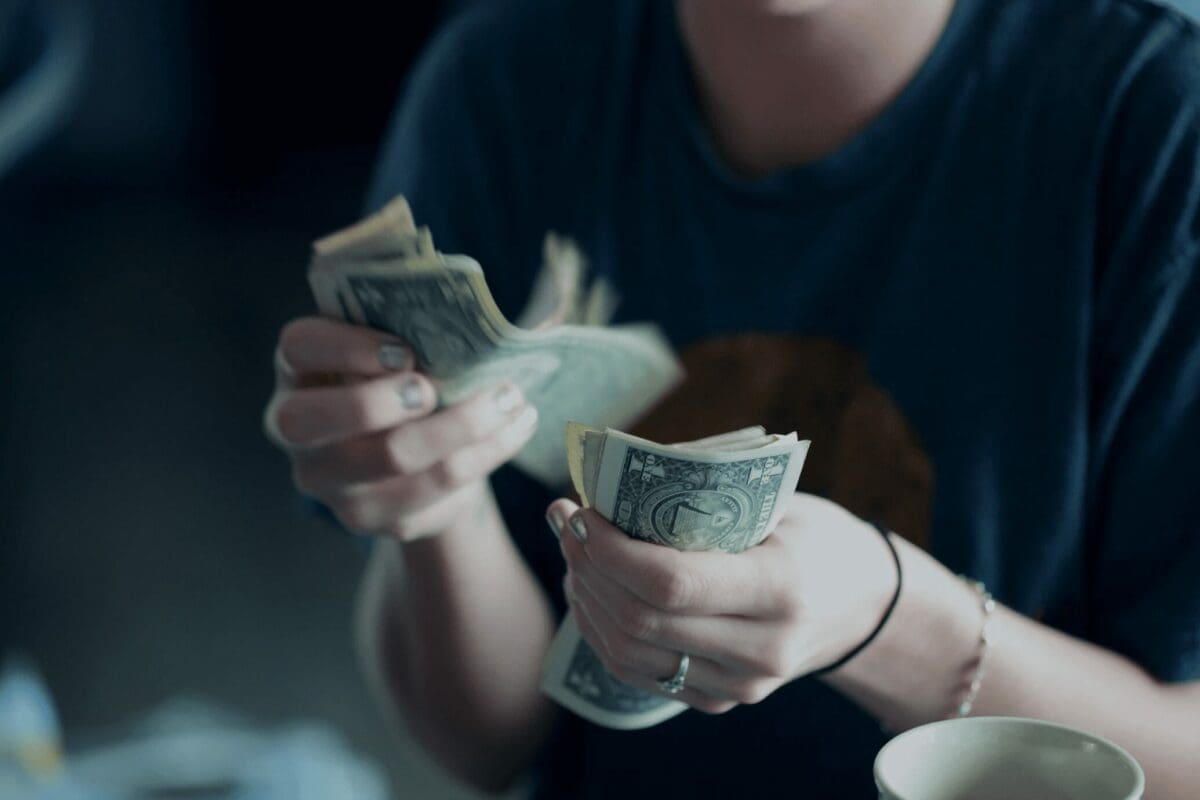
The way the money is split between publishing and masters depends on how the music is used.
The industry standard split for physical sales, such as an album on record or CD, is 91% for the master and 9% for the publishing.
Labels will usually not deduct anything from mechanical royalties but will recoup costs and advances from artist royalties.
Suppose a label gave an advance of £30,000, then the artists must earn back that amount before they can start profiting from the master. However, publishers can usually earn right away.
Sync royalties are usually split 50/50 between publishing and masters, so syncs can often be a good avenue for recording artists.
It is important to get any splits between music writers and lyricists in writing, to avoid any future disputes, and to time stamp these agreements.
5. Start Earning Royalties
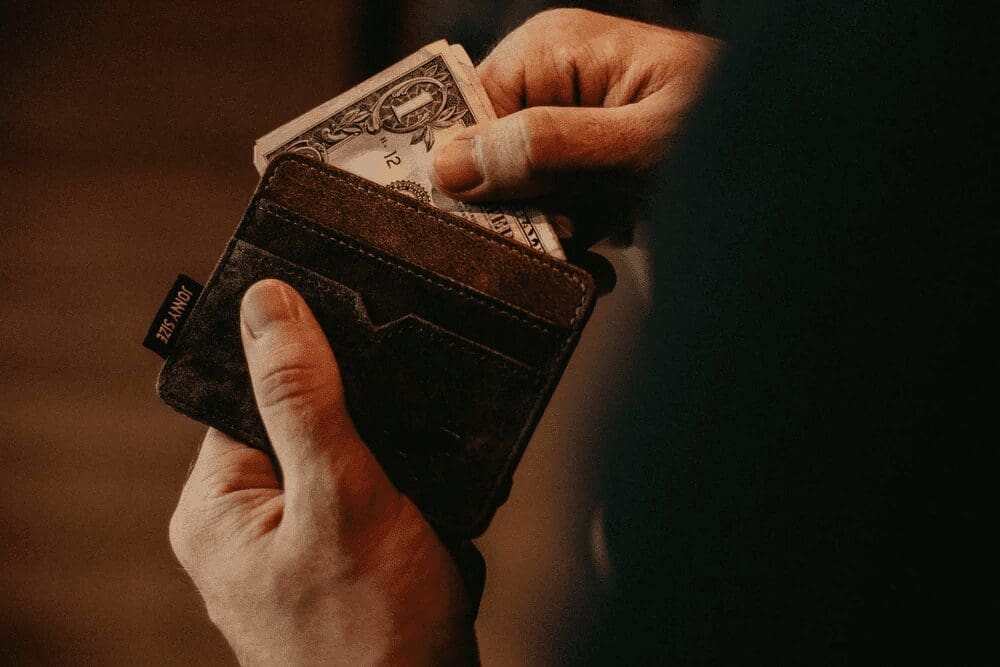
Music collection services, AKA performing rights organisations (PROs), allow you to collect royalties for songs you own the copyright to. In the UK, these are known as PRS for Music, which includes both PRS and MCPS. The societies pay out royalties four times a year and monthly, respectively.
US PROs include the American Society of Composers, Authors and Publishers (ASCAP), Broadcast Music Inc. (BMI), and SESAC (by invitation only).
You should register with a PRO as soon as possible – without registration, you won’t be eligible to receive royalties.
Summary
Music Copyright is a huge topic – and as a new artist, knowing where to begin can seem daunting! As the music industry changes and technology changes the nature of music consumption, how copyright law is implemented will also change.
It is also worth noting that whilst the principles of copyright law at a high level are common across all countries, there are also regional differences to be aware of. The best advice we can give is to seek out the services of a music lawyer if you are in any doubt about whether you are in breach of copyright. It is equally important to understand the copyrights that you as a creator might own and the value that that ownership has.
If you’re looking to learn more about Music and Copyright, check out our other blog post! We also have guides to help you understand Music Royalties, Music Licensing, and how to get started when it comes to selling your music online.
Are You An Artist?
Here at Мusic Gateway, we have recently started offering a selection of royalty-free music! We also have a massive music library full of incredible tracks. This is not royalty free, however, we have the copyright holder information and so we can help you license any track in our library very easily! Check it out today!
Not a member of Мusic Gateway yet? Why not! Take advantage of our 14-day no-strings-attached free trial, and join us in our mission to empower the global creative community. The game is changing, be a part of it…






